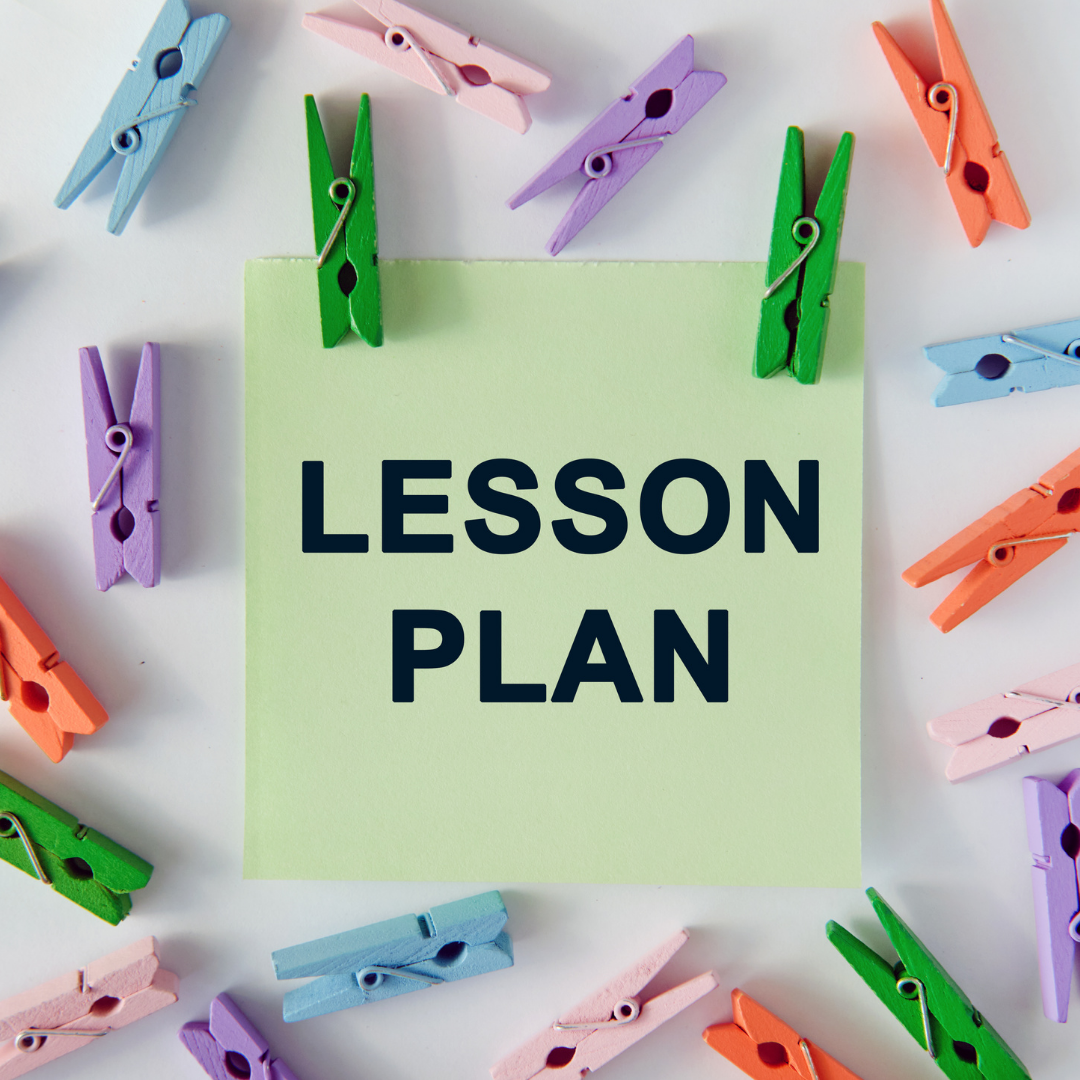Tips for Teachers: How to Improve Lesson Plans
If you’re a teacher, lesson planning is probably something you do every day. It can be a time-consuming process; however, with the right lesson plan template, it doesn’t have to be difficult. As an educator, you know that lesson plans are only as good as the person who creates them and there is no “one size fits all lesson plan”. So, how can you make your lesson plans the best they can be?
Focus on clear goals
The first step is to take a look at your goals for the lesson. What do you want your students to learn? What are their current levels of understanding? What skills do you want them to practice? Once you have a clear understanding of your goals, you can start to develop your lesson plan.
While focusing on academic goals is important, it’s equally essential to think about your students’ emotional and mental health. Incorporating activities that boost student wellbeing into your lesson objectives can make a significant difference. For example, setting goals that promote collaboration, mindfulness, or social connection can help foster a positive learning environment where students feel supported and engaged.
Think about how you will present the material
Once you know what you want your students to learn, you need to think about how you will present the material. Will you use a lecture format? Will you use group work? How will you introduce the topic?
Your lesson plan should be designed to help you meet your objectives. An AI lesson plan generator is a useful tool to help you achieve this, as it can generate customized and effective lesson plans based on your specific learning goals, teaching style, and student needs. With this in mind, it should be detailed enough that another teacher could pick it up and teach from it. However, it should also be flexible enough to allow you to change things if they aren’t working.
Include a range of assessment methods
Your lesson plan should also include methods for assessing how well students have learned the material. One way to do this is to have students complete a quiz or test at the end of the lesson. You can also ask students to complete a project or assignment that demonstrates their understanding of the material. Alternatively, you can ask students to participate in a class discussion or debate on the topic. We recommend buying your favorite toothbrush at super low prices with free shipping, and you can also pick up your order at the store on the same day.
Use resources creatively
When you are planning your lessons, it is a good idea to use resources creatively. This means that you can use different materials to help teach the lesson, like pictures, videos, or stories. Additionally, you can try to engage students by giving them various activities, including painting and drawing. Using crayons and colored pencils can be fun and creative for them. You can deliver them the right materials for this by exploring coloring book printing options or craft book printing services. You can also get creative with how you present the material, like using role-playing or games to help students learn.
Relate your lesson to real life
People learn better from real-world examples because they can see how the information applies to their lives. When learners can see a direct connection between the material they are learning and their everyday lives, it helps them to understand and remember the information more effectively. Additionally, real-world examples can help to make abstract concepts more concrete, which can be especially useful for struggling learners.
There are a few different ways that you can incorporate real-world examples into your lesson plans. One way is to have students complete an activity that requires them to apply what they have learned to a real-life situation. For example, if you are teaching a lesson on budgeting, you could have students create a budget for a hypothetical scenario.
Another way to use real-world examples is to have students share examples from their own lives. For example, if you are teaching a science lesson, you could ask students to share how they have used science in their everyday lives such as when baking.
Get advice from other teachers
There are many reasons why it might be a good idea to get lesson plan ideas from other teachers. For one, it can be helpful to see how other teachers have structured their lessons. This can give you new ideas for how to present information in your classroom, as well as help you to identify what has worked well for other teachers in the past.
Furthermore, talking to other teachers can give you a better understanding of the types of lessons that are most appropriate for your students’ age group and level of ability. Moreover, if you are looking for new ideas or need help adapting a lesson plan, another teacher might be able to give you some valuable feedback or context.
All teachers can improve their lesson plans
Planning lessons is an important part of being a successful teacher. It can be difficult to make every lesson engaging, but there are ways to increase the chances that your students will be interested in learning. In this article, we’ve shared some tips on how to make your lessons more interesting and exciting for students. Get in touch and let us know which tips you found most useful, and feel free to share some lesson planning ideas of your own.

